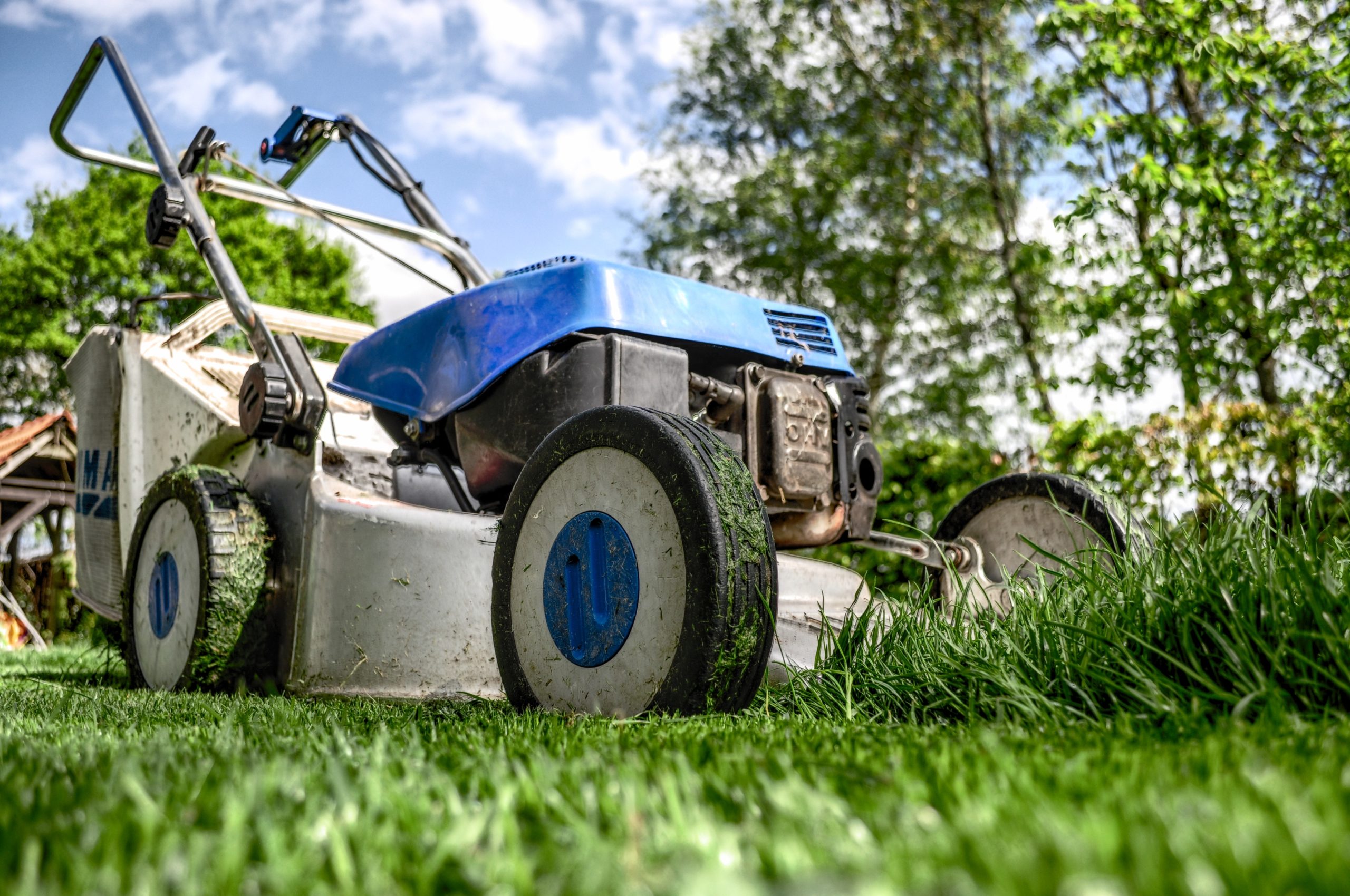 Did you know that your lawn care routine should change seasonally? With summer approaching, the warm weather invites us to spend more time outside. As we prepare to barbeque in the backyard with family and friends, we want the summertime grass to look its best. Thankfully, with a little preparation and proper maintenance, you can achieve a healthy lawn all summer long.
Did you know that your lawn care routine should change seasonally? With summer approaching, the warm weather invites us to spend more time outside. As we prepare to barbeque in the backyard with family and friends, we want the summertime grass to look its best. Thankfully, with a little preparation and proper maintenance, you can achieve a healthy lawn all summer long.
Water
As the days become hotter, you may feel tempted to water your lawn more than you need to. Proper lawn watering is a bit of a balancing act. If you overwater your lawn, your grass will not put down deep roots and could succumb to mold and disease. On the other hand, if you underwater your lawn, you’ll be met with dull green or even brown grass. With that, make sure you’re watering your lawn deeply 2-3 times per week, or as directed by your county water ordinance. Less frequent yet thorough watering will help your lawn grows stronger by developing a more robust root system. When possible, set your sprinkler timer to come on just before sunup or in the early morning hours, to prevent wasteful evaporation and lawn disease. And speaking of sprinklers, check and adjust them periodically to confirm they are covering the whole lawn and not watering your driveway!
Fertilize
All lawns need fertilizer to receive the nourishment that watering alone can’t provide—proper fertilizing results in healthy, vibrantly lush grass. Landscaping experts suggest that you fertilize your lawn every 6-8 weeks with organic, slow-release fertilizers to promote long-term health. Your city or county may have regulations about when fertilizer can be applied and suggestions about the type of fertilizer spreader to use and application rates. The home improvement stores in your area will also have this information. Too much fertilizer can burn the lawn, resulting in dead sections that will take time to recover. In the summer, aim to fertilize your lawn at the beginning or end of the season. During the heat of summer, you risk placing your greenery under stress and burning your grass.
Mow
Throughout the summer, it’s best to mow high. In doing so, your lawn’s roots will deepen, and your soil will maintain a healthy amount of moisture. Keeping your grass at a taller length helps keep your soil healthy. Tall grass naturally shades soil and retains moisture. Be sure to inspect your mowing blades regularly; dull blades are harmful to your lawn. It may feel natural to toss your grass clippings in the trash after mowing. But to promote long-term lawn health, evenly disperse grass clippings across your lawn. Grass clippings provide nutrients as they decompose and are a great way to feed your lawn naturally.
Conclusion
As seasons change, so should your lawn maintenance care plan. And with a little preparation and planning, you can effortlessly maintain and achieve a healthy lawn all summer. After a few seasons, you’ll be able to easily care for your lawn and keep it looking its best year round. For more home maintenance tips, visit our blog.





